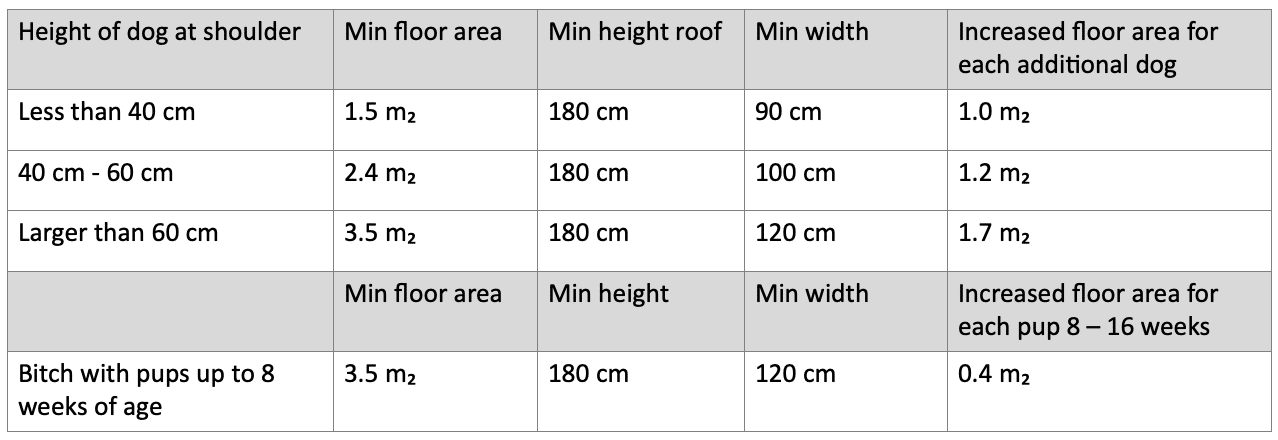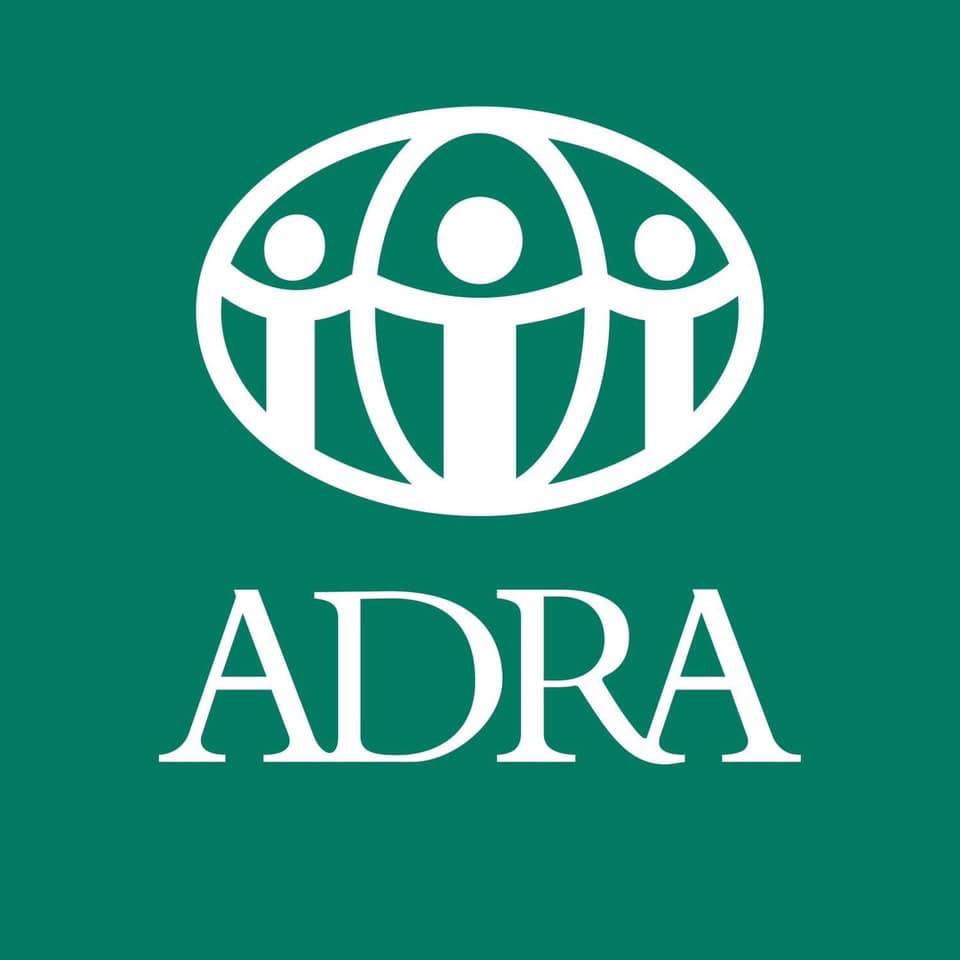Your Dog And The Law
We want to ensure that every dog in Tasmania is appropriately housed, fed, and cared for.
There are minimum requirements that have been determined through the legislative process and it is up to every dog owner to ensure that these requirements are understood and complied with.
After reading our interpretation of the legislation, if you are concerned about the condition of a dog, please call the Animal Cruelty Hotline 1300 139 947.
Standards and Guidelines for Dogs
Standards are minimum standards which are legally enforceable in Tasmania under the Animal Welfare Act 1993.
https://www.legislation.tas.gov.au/view/html/inforce/current/sr-2016-121
Guidelines are a recommended practice.
Dog Owners and Carers
Identification of dogs
Dogs that are weaned must be individually identified.
Rehoming
Puppies must not be rehomed before 8 weeks of age. Dogs must be vaccinated prior to rehoming and a vaccination certificate provided to the new owner. Any dogs that have injuries, behaviour or medical problems must not be rehomed without disclosing the issue to the new owner and ensuring that the new owner can care for a dog appropriately.
Puppies should not be rehomed to people less than 18 years of age.
People must not advertise puppies for rehoming without the microchip or Council and registration details of the dam or puppy. The owner must provide these details to the new owner of the puppy.
Housing & sleeping
Dogs that are unattended must have protection from the extremes of temperature and adverse weather conditions. Forced ventilation enclosures should have at least 8 changes of air per hour, is able to control temperature to a comfortable level, has an air cleaning and filtration system, has a secondary source of power and is able to be opened up manually to provide sufficient natural ventilation for the dog.
Enclosures must ensure that dogs can not access any substance or item which is harmful to the dog. Unless both owners agree to breed the dogs, entire dogs must be housed in such a way that they do not have access to a bitch in season. A bitch in season must be housed in such a way that she does not have access to an entire male dog. An owner must ensure that the dog is protected from distress or injury from another animal and not confined with an incompatible dog.
Dog sleeping areas must provide protection from the weather be kept clean, dry and checked daily. The area must be large enough for the dog to able to lie down with their legs outstretched.
Enclosure size guidelines
Enclosure Size for dogs over 16 weeks age or for up to 4 puppies less than 16 weeks of age.

Vehicles or crawl spaces under houses are not suitable permanent housing for dogs.
Tethering
Dogs that are tethered must have an acceptance of being tethered and not distressed. Puppies under four months, bitches in season or in advanced stages of pregnancy must not be tethered. The dog must have access to water and weatherproof shelter whilst tethered. The tether must be fitted with a working swivel, not be tied to a moveable object or placed next to a fence which puts the dog at risk of hanging. Dogs must be exercised off the tether for a minimum of an hour a day.
Where a dog is tethered for extended periods, the site should provide a minimum tether radius of three metres which would allow a 6 metre run.
Crating (a roofed enclosure that can be used to transport the dog)
Crates must be large enough for the dog to turn around, stand without their head touching the roof and lay on their side with fully outstretched legs. Dogs can remain in the crate for no more than 10 hours in any 24 hours (unless advised to do so by a vet).
Once a dog has been trained to accept confinement in a crate leaving the door open when the crate is used is encouraged.
Transport
Exercise
Owners must ensure that a dog is provided with exercise that is appropriate for their dog.
Dogs must be provided with an opportunity to exercise for at least one hour per day.
Health
Dogs must be checked daily to monitor its health and welfare. Dogs which are suffering from illness, injury, under medical care or a puppy under the age of 4 months must be checked at least twice daily.
Dogs must have access to adequate clean drinking water and fed at least once daily. Dogs that are between 3 weeks and 12 weeks of age must be fed 3 times daily, dogs under 6 months twice daily.
Dogs that are visibly unwell, underweight or have suffered an injury must have appropriate medical treatment. Dogs must have food of a sufficient quality and quantity to maintain a healthy body condition.
Dogs must be humanely euthanised with a vet present unless it would cause the dog additional suffering.
Dogs should be health checked by a vet every year, all dogs over 8 weeks of age should be vaccinated and the desexing of dogs is encouraged.
Dogs should receive environment enrichment, appropriate to age and breed to provide them with good psychological health. Dogs’ coats should be maintained to ensure they are not matted, tangled or in a condition that causes the dog physical discomfort or promotes disease.
Breeding
Dogs must not be mated if they are injured or suffering from a disease. Bitches must not be mated until after their first oestrous and must not have more than 2 litters in any 18 month period.
Whelping bitches must have a suitable, clean area with clean bedding which is checked daily. Bitches in late pregnancy or lactating must be checked twice daily. A whelping bitch must be monitored regularly, and a veterinary surgeon contacted if there is no progress in the whelping within 2 hours after the bitch began straining.
Puppies must stay with their mother and litter and not be removed for more than 10 minutes at a time until they are 21 days old. Until weaned they must not be removed from mother and litter for more than 20 minutes, unless it is in their best interests to do so.
Dogs that are excessively nervous, aggressive or that cannot live in harmony with other animal should not be used for breeding. Any dog should not be breed unless there is a reasonable expectation of finding homes for the puppies. Where a heritable disease is prevalent in a breed there should be a health screen or test and provide that to the new owners of any puppy.
After whelping bitch and pups should be checked by a vet and the puppies should be monitored to ensure they achieve a steady weight gain. Puppies should be provided from 3 weeks of age and socialised to humans and other animals before 12 weeks of age.





















